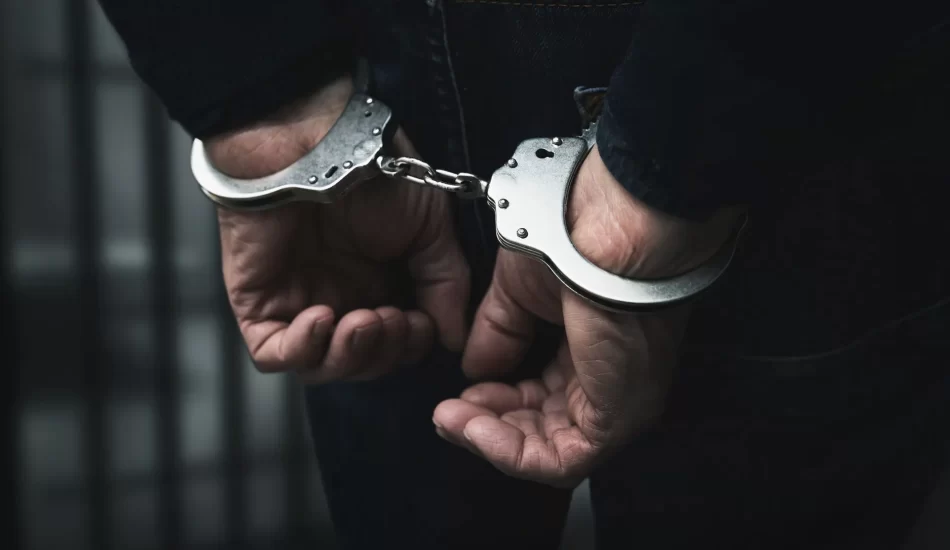Failing to Comply: Exploring the Consequences of Probation Violation

Probation is a form of supervised release granted to individuals as an alternative to incarceration. It allows individuals to remain in the community while being subject to certain conditions and regular monitoring. However, probation comes with strict guidelines, and violating the terms can have severe consequences. In this article, we delve into the complexities of probation violation, exploring the types of violations, legal implications, potential penalties, defense strategies, and the crucial role of criminal defense lawyers in navigating this challenging situation.
Understanding Probation: Terms and Conditions
Probation is a court-imposed sentence that allows individuals to serve their sentence in the community under the supervision of probation officers. The terms and conditions of probation vary based on the specific circumstances of the case and the individual’s risk level. Common conditions include regular check-ins with a probation officer, mandatory drug or alcohol testing, attending counseling or rehabilitation programs, maintaining employment, refraining from criminal activity, and avoiding contact with certain individuals. Failure to comply with any of these conditions can result in probation violation.
Types of Probation Violations: Technical and Substantive
Probation violations can be categorized as technical or substantive. Technical violations occur when individuals fail to adhere to the specific terms and conditions of their probation, such as missing a scheduled meeting with a probation officer or failing a drug test. Substantive violations involve the commission of a new criminal offense while on probation. Both types of violations can have serious consequences and may result in additional charges and penalties.
Legal Implications: Probation Revocation Hearings
When a probation violation occurs, the court may initiate probation revocation proceedings. During a probation revocation hearing, the court evaluates the evidence presented by the prosecution and the defense regarding the alleged violation. The burden of proof in these hearings is lower than in criminal trials, often requiring only a preponderance of evidence rather than proof beyond a reasonable doubt. However, individuals facing probation revocation have the right to be represented by a criminal defense lawyer and present a defense.
Potential Penalties: Reinstatement, Modification, or Incarceration
The consequences of probation violation vary depending on the nature and severity of the violation as well as the discretion of the judge. If the violation is minor or unintentional, the court may opt for less severe penalties, such as modifying the conditions of probation or imposing additional requirements. However, more serious violations can lead to probation revocation and result in incarceration, where individuals may be required to serve the original sentence for the underlying offense.
Defense Strategies: Challenging the Alleged Violation
When facing allegations of probation violation, individuals have the right to defend themselves and challenge the evidence presented by the prosecution. Criminal defense lawyers play a crucial role in developing a strong defense strategy. They investigate the circumstances surrounding the alleged violation, scrutinize the evidence, and may challenge the accuracy or reliability of the evidence presented. Additionally, defense attorneys may argue for alternative dispositions, such as additional counseling or community service, as an alternative to revocation and incarceration.
Mitigating Factors: Presenting a Compelling Case
During probation revocation hearings, presenting mitigating factors can be instrumental in obtaining a more favorable outcome. Mitigating factors may include demonstrating compliance with other conditions of probation, showing evidence of rehabilitation efforts, providing testimony from character witnesses, or highlighting personal circumstances that may have contributed to the violation. Criminal defense lawyers work closely with their clients to gather and present compelling evidence that supports a reduction in penalties or alternative dispositions.
Reentry and Rehabilitation: Moving Forward After Violation
For individuals who experience probation violation, reentry into the community after potential incarceration can be challenging. The support of criminal defense lawyers extends beyond the probation revocation process. They assist individuals in navigating the reentry process, connecting them with resources such as job training programs, counseling services, and support networks. Criminal defense lawyers understand the importance of rehabilitation and work to ensure that individuals have the necessary tools and support to rebuild their lives after a probation violation.
Compliance and Success: Meeting Probation Requirements
To avoid the consequences of probation violation, it is essential for individuals to understand and comply with the terms and conditions of their probation. Open communication with probation officers, adherence to scheduled meetings, and consistent compliance with drug testing and counseling requirements are crucial. Seeking guidance from a criminal defense lawyer throughout the probation period can help individuals navigate the complexities and ensure they meet all the necessary requirements to successfully complete their probation.
Community Support and Alternative Programs: Promoting Rehabilitation
In recent years, there has been an increasing recognition of the importance of rehabilitation over punitive measures. Alternative programs such as drug courts, mental health courts, and restorative justice initiatives aim to address the underlying causes of criminal behavior and promote rehabilitation rather than incarceration. Criminal defense lawyers can advocate for their clients to participate in these programs when appropriate, helping them access the support and resources necessary for successful rehabilitation.
Conclusion:
Probation violation is a serious matter with significant consequences. Understanding the terms and conditions of probation, adhering to them, and seeking the guidance of a criminal defense lawyer can help individuals navigate this challenging situation. By mounting a strong defense, presenting mitigating factors, and advocating for alternative dispositions, individuals facing probation revocation can strive for a more favorable outcome. Moreover, the role of criminal defense lawyers extends beyond the courtroom, providing support during reentry and connecting individuals with resources for successful rehabilitation. Ultimately, by promoting compliance, rehabilitation, and community support, we can work towards a criminal justice system that focuses on redemption and the successful reintegration of individuals into society after a probationary period.
Contact attorney Jarrett Maillet for more information.
Jarrett Maillet J.D., P.C.
210 E 31st St
Savannah, GA 31401
912-713-3426


